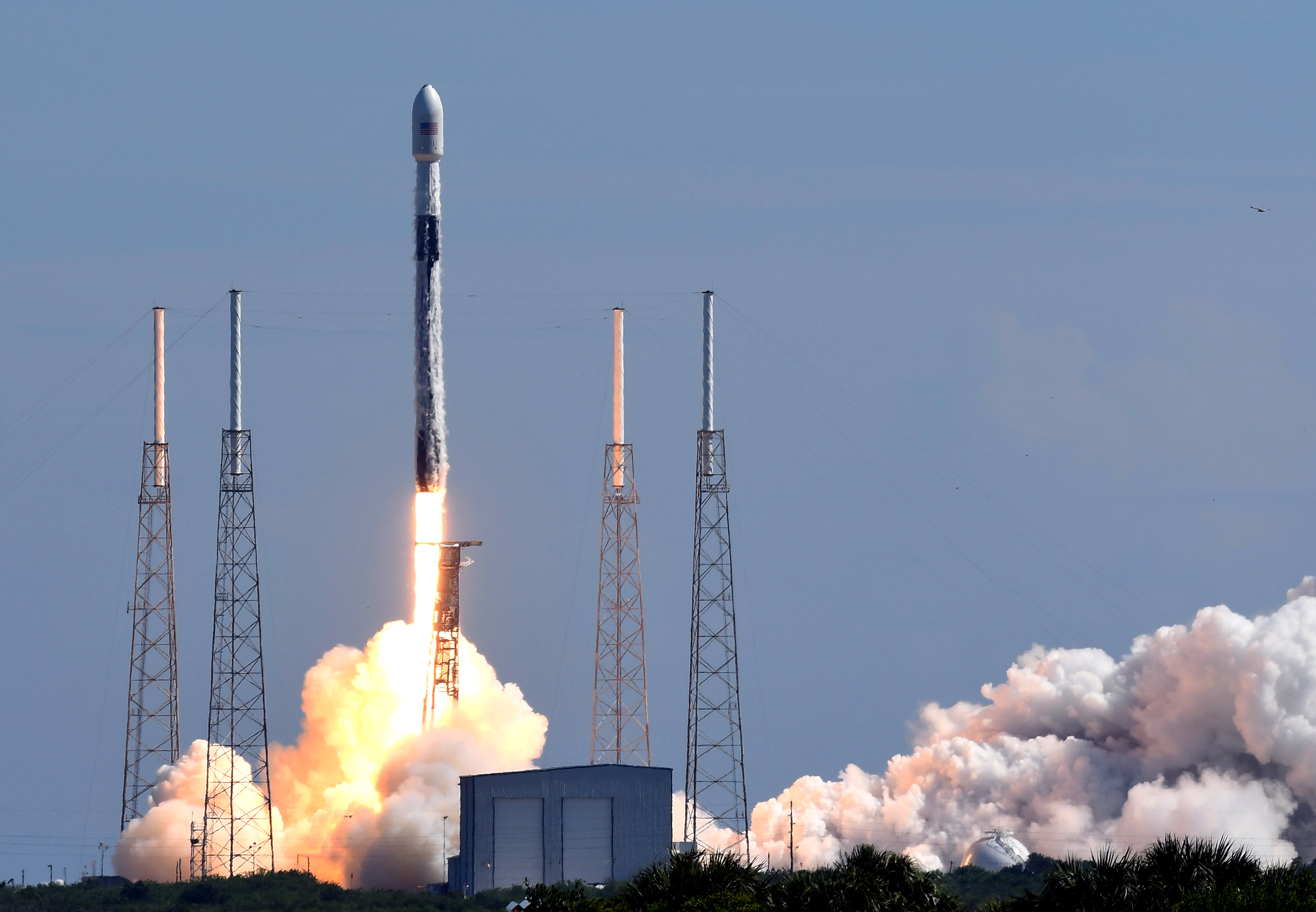FCC approves SpaceX change to its Starlink network, a win despite objections from Amazon and others

Cape Canaveral, Florida, United States – A SpaceX Falcon 9 rocket carrying 58 satellites for SpaceX’s Starlink broadband internet network and three SkySat earth-imaging satellites launches from pad 40 at Cape Canaveral Air Force Station on August 18, 2020 in Cape Canaveral, Florida.
Paul Hennessy | NurPhoto | Getty Images
The Federal Communications Commission approved SpaceX’s proposed modification of its Starlink satellite license on Tuesday, a win for Elon Musk’s growing broadband network despite objections from competitors including Amazon, Viasat, and others.
“We conclude that grant of the SpaceX Third Modification Application will serve the public interest,” FCC acting director Marlene Dortch wrote in the order. “Our action will allow SpaceX to implement safety-focused changes to the deployment of its satellite constellation to deliver broadband service throughout the United States, including to those who live in areas underserved or unserved by terrestrial systems.”
SpaceX filed the modification request a year ago, asking to move its first 1,584 satellites to an altitude of 550 kilometers. The FCC’s approval comes at a key moment for SpaceX, as the company has nearly 1,400 satellites in orbit and likely would have had to halt its rapid launch campaign if the FCC had not authorized the modification.
Starlink is the company’s capital-intensive project to build an interconnected internet network with thousands of satellites, known in the space industry as a constellation, designed to deliver high-speed internet to consumers anywhere on the planet.
Opponents filed numerous responses to SpaceX’s proposed modification, with companies including Amazon saying it would cause interference with other satellite networks. SpaceX’s competitors also argued the change was too significant for the FCC to treat it as a simple modification, saying it should instead be included in a broader processing round with new satellite systems.
The FCC dispute between SpaceX and Amazon spilled into public view in January, when Musk took to Twitter to allege that his competitor is attempting “to hamstring Starlink,” adding that Kuiper “is at best several years away from operation.” While Amazon has yet to announce when its first Kuiper satellites will launch, the FCC’s authorization of the system last year requires that the company deploy half of its planned satellites within six years. That represents Amazon deploying about 1,600 satellites in orbit by July 2026.
The regulatory agency denied the claims of signal interference in its approval of SpaceX’s modification.
“We further conclude that this modification does not create significant interference problems that would warrant treatment of SpaceX’s system as if it were filed in a later processing round,” Dortch wrote.




